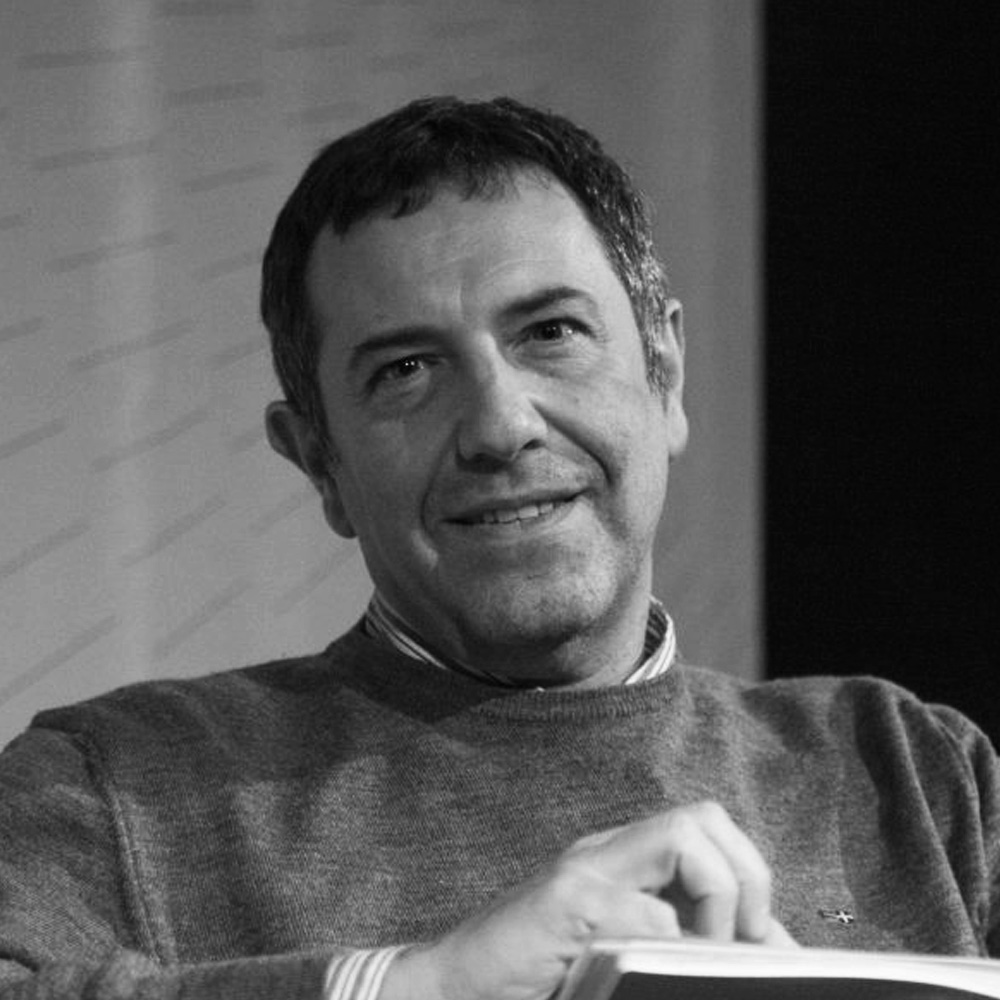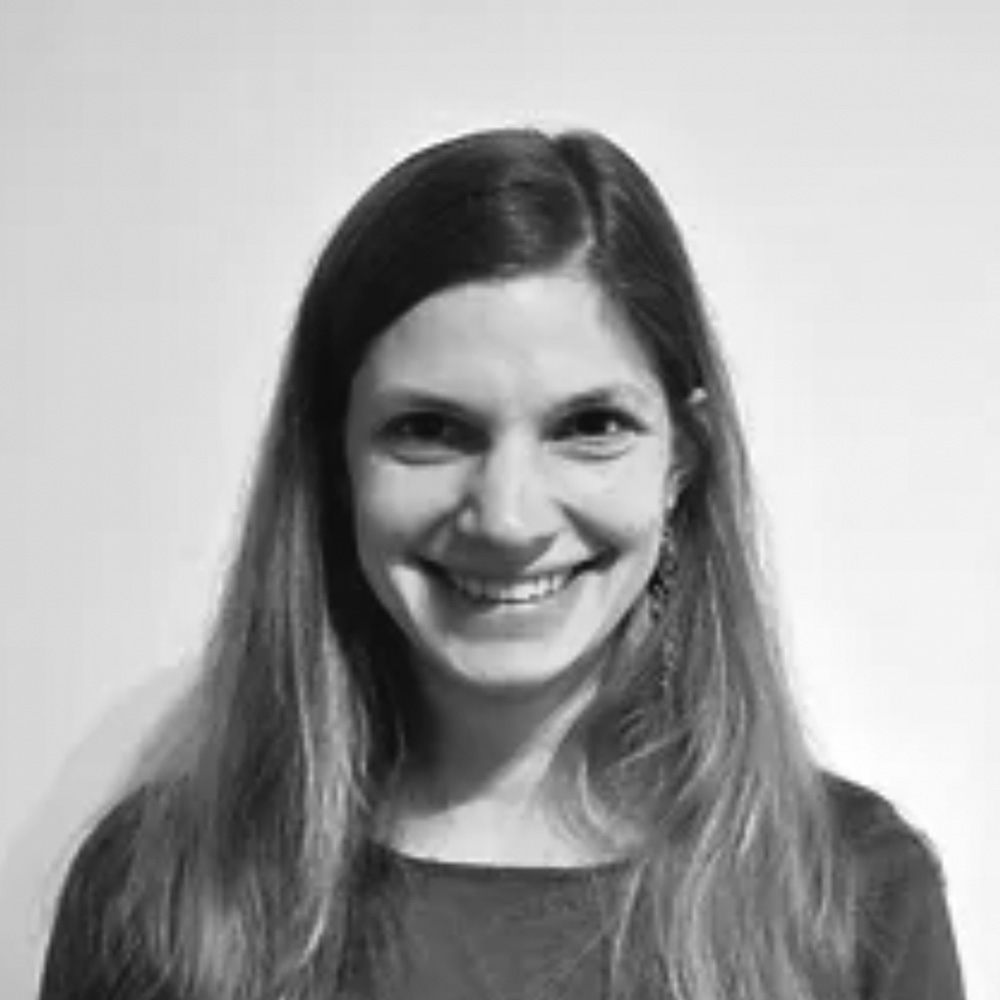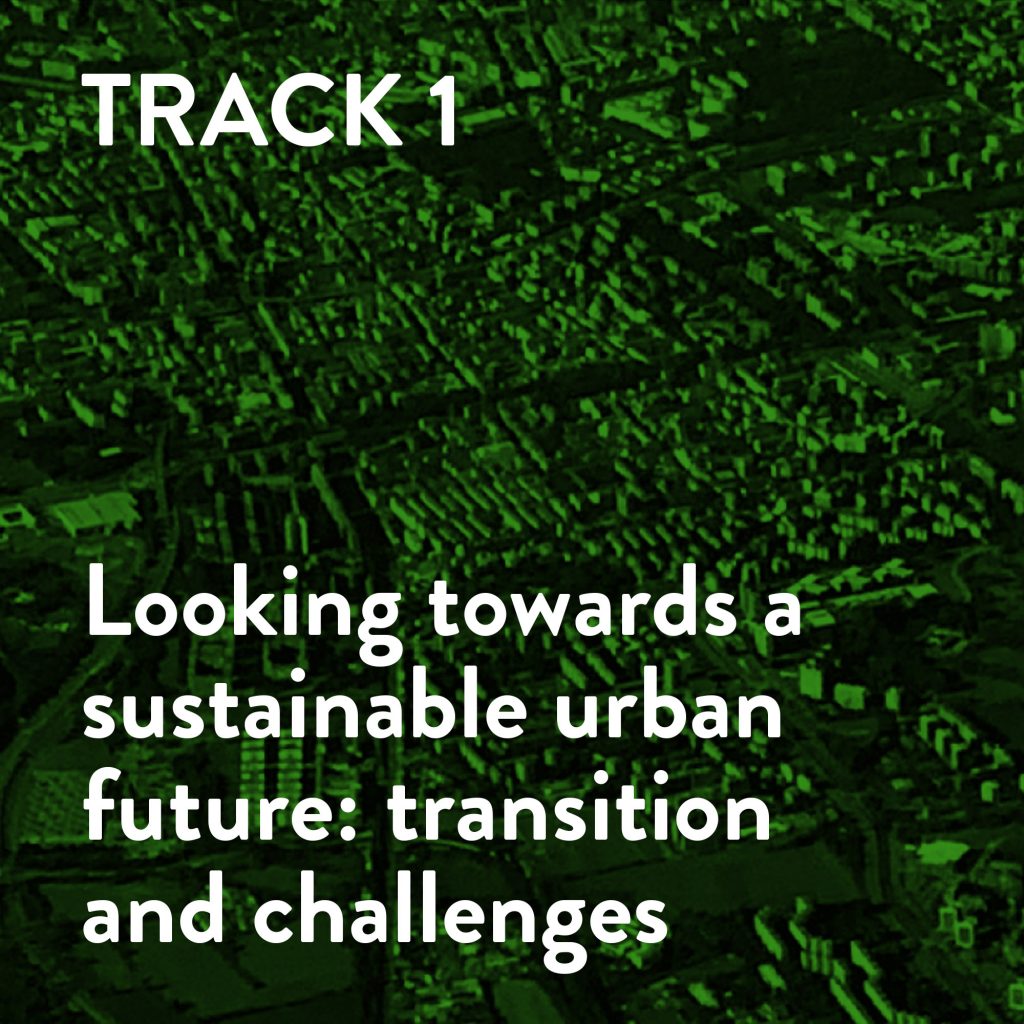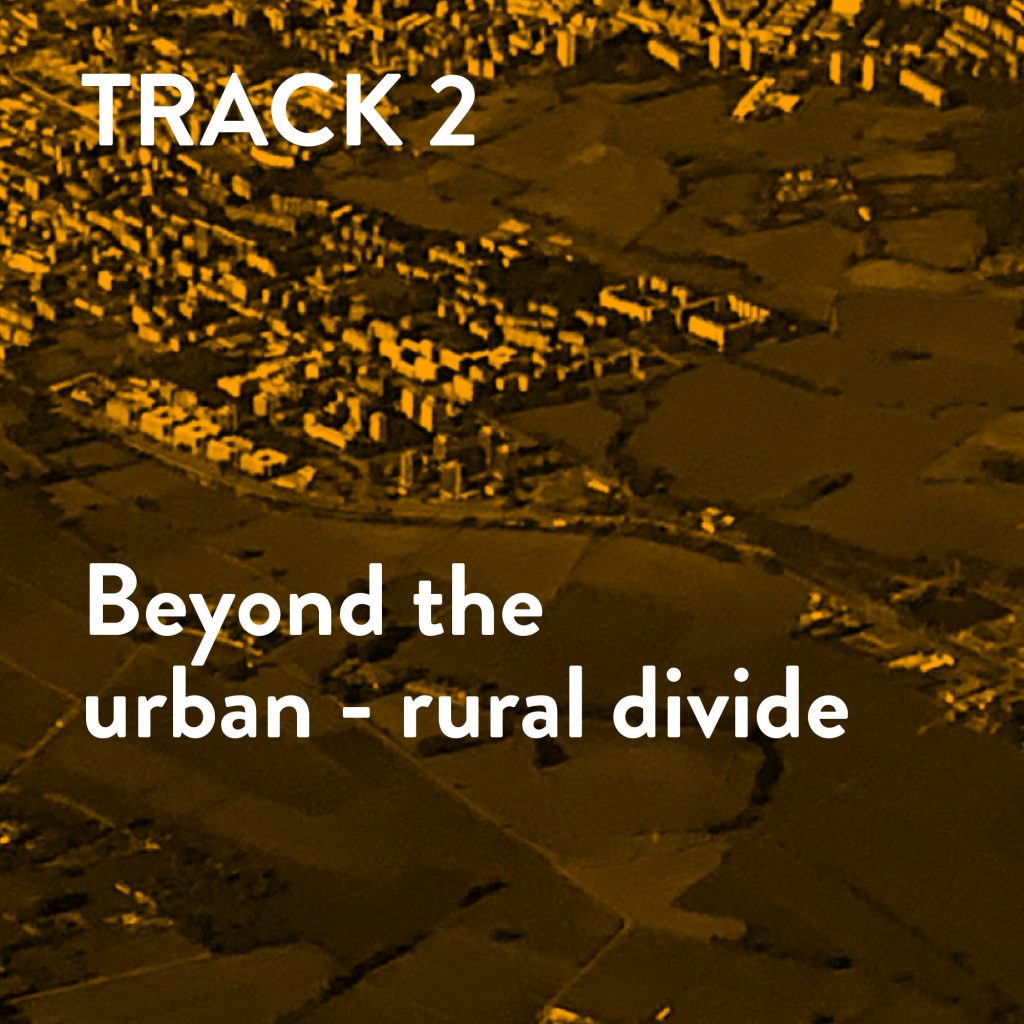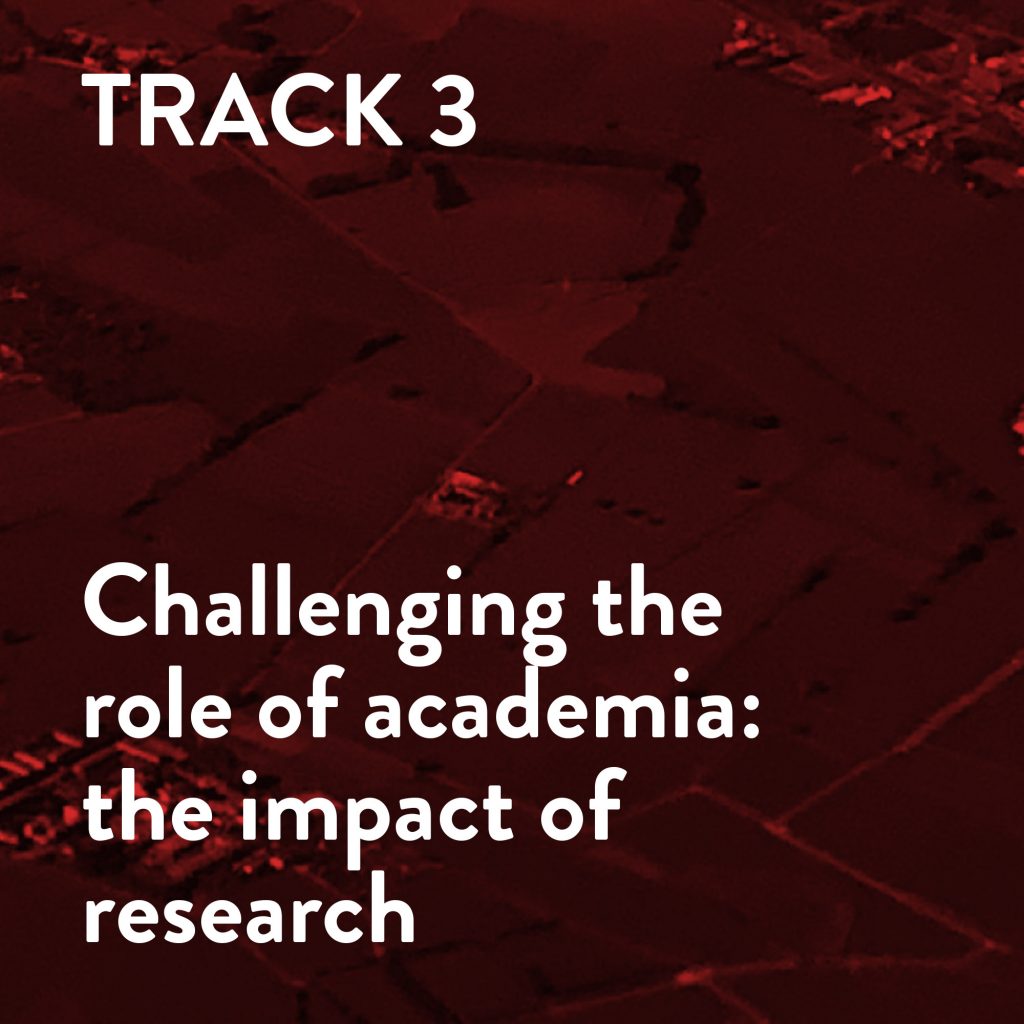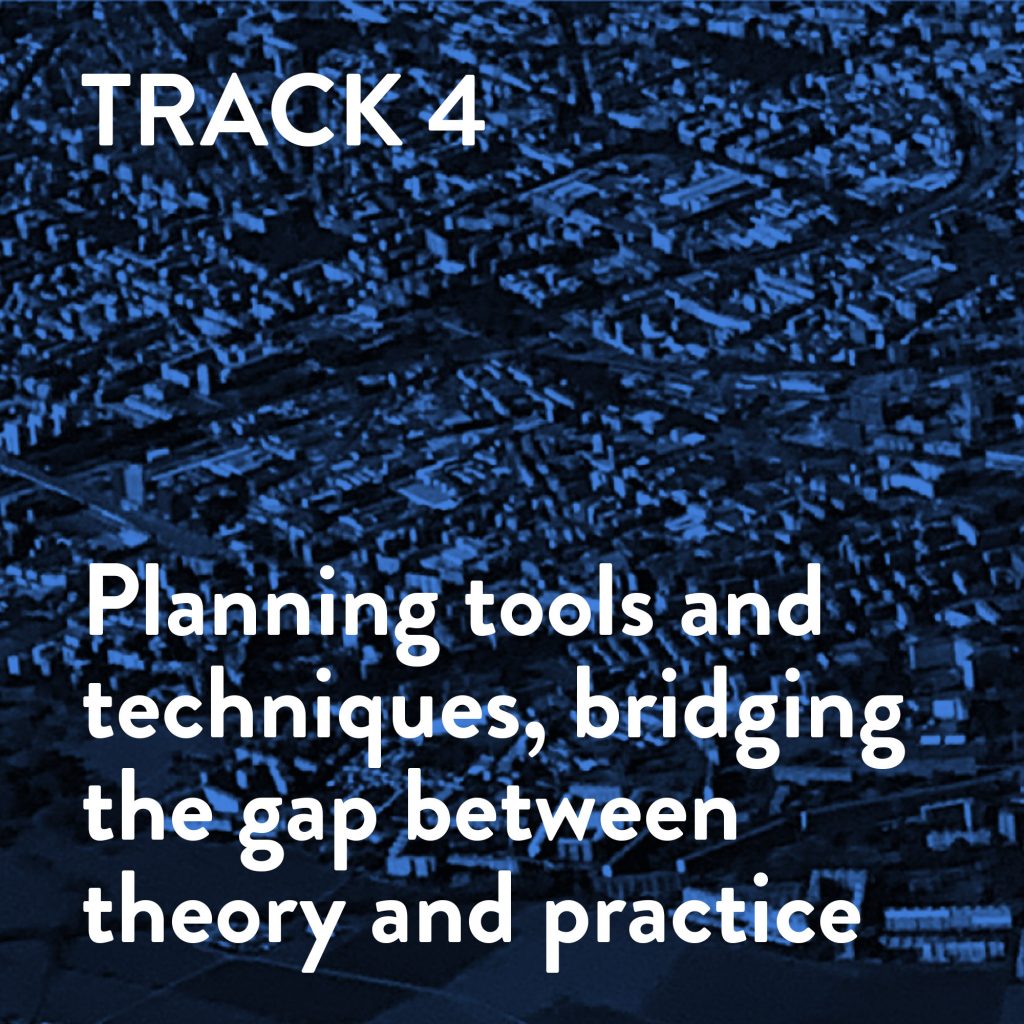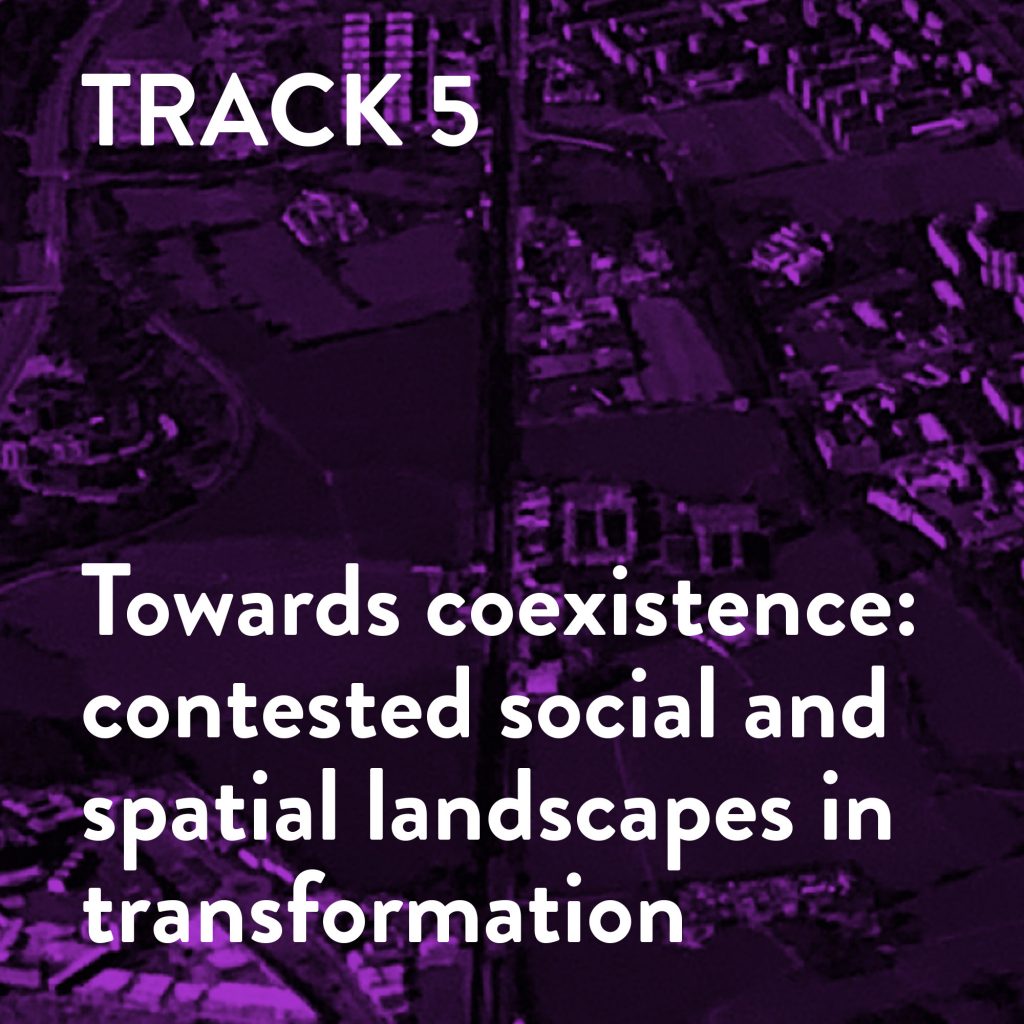Track 3
Challenging the role of academia: the impact of research
Track Chairs: Gabriele Pasqui (DAStU, Politecnico di Milano), Julia Wesely (BOKU Vienna)
Track Coordinators: Dafni Riga, Giulia Oldani
In a context where research in the planning field is becoming highly transdisciplinary (integrating fields spanning from data analytics and technology to sociology and environmental psychology) academia has the possibility to obtain a more holistic approach, acquire a broader range of insights, produce knowledge stemming from a wider variety of sources and addressing a wider audience. However, due to the recentness of this approach, the planning field today appears to be little concerned with the role of researchers and rarely adopts in-depth epistemological perspectives, while transdisciplinarity frequently remains a mere conceptual framing or a marketing catchphrase. Moreover, the dynamics of research within the academic milieu are growingly questioned in terms of hierarchy, formality and lack of engagement of researchers beyond academia. This entails an impact on society as a whole: academia is often either self-referential, producing policies and strategies that remain on paper, or detached from society, speaking jargon and not being able to communicate effectively. Considering citizens as critical participants in the process of decision-making and space-making, the challenge for academia is to engage with practice and society through less rigid processes; to assume a more active and inclusive position; and to rethink and politicize research so as to impactfully address current challenges.
This track invites contributions that research diverse and innovative methods of research and knowledge production, and their eventual effect on society as a whole. How can we overcome disciplinary discontinuities and the continuous overproduction of knowledge that oftentimes remains too vast, theoretical, and less immediate? How can we ensure that academia asks the right questions and addresses matters of urgence? How can university-produced knowledge become more democratic and communicative towards civil society? As early-career researchers and planners, how can we achieve being less self-referential within our fields and foster a professional and cultural shift? How can we attain more hands-on interaction with civil society? How do universities’ off-campus activities contribute in the dialogue and to what extent do they generate an impact in society? How far do processes involving citizens (such as experimental and tactical urbanism, participatory processes, DIY urbanism, bottom-up initiatives and so on) bridge the gap between academia, practice, and society? How to ensure that they are effective and inclusive enough?
Keywords and topics:
- Universities and institutions
- Democratizing research
- Research methodologies and practices
- Epistemological enquiry
- Critiques on knowledge production
- Geographies of theory, knowledge and power
- Transdisciplinarity
- Bottom-up initiatives and inclusivity
- Participatory action research and research activism
- Civic engagement
- Social impact
